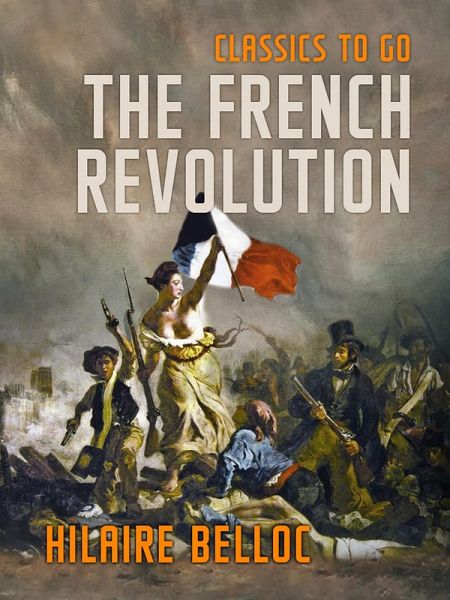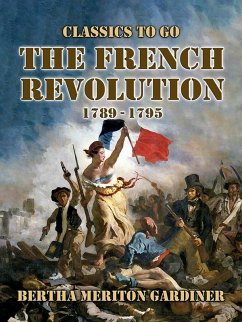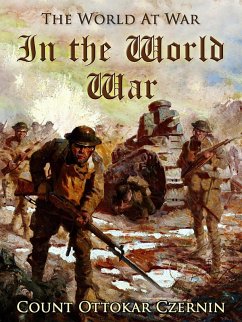
The French Revolution (eBook, ePUB)

PAYBACK Punkte
1 °P sammeln!
The French Revolution (1911), by Hilaire Belloc, is a comparatively short commentary on the great revolutionary experiment between the parliamentary quarrels of 1789 to the execution of Robespierre in 1794. Though the author does not attempt to present a full chronology of events, dwelling mainly on underlying ideas, the individual personalities of the main historical actor and the military aspect, he nonetheless convey a series of intriguing propositions that justify a read of this old treatise. (Goodreads)
Dieser Download kann aus rechtlichen Gründen nur mit Rechnungsadresse in A, B, BG, CY, CZ, D, DK, EW, E, FIN, F, GR, HR, H, IRL, I, LT, L, LR, M, NL, PL, P, R, S, SLO, SK ausgeliefert werden.













